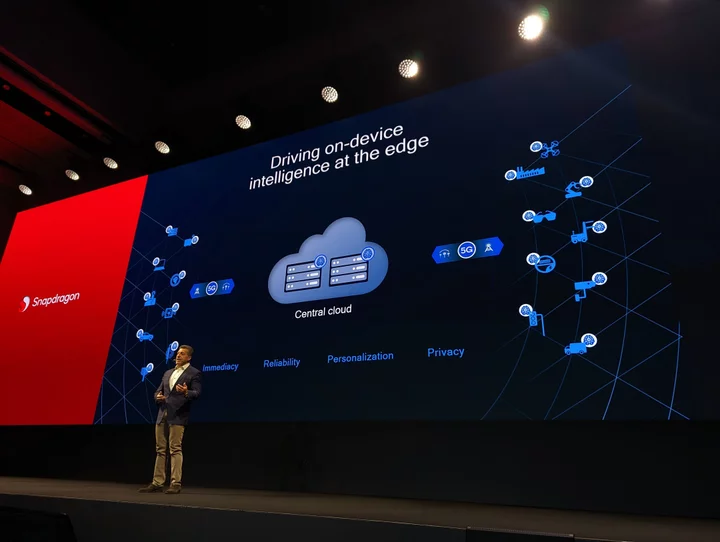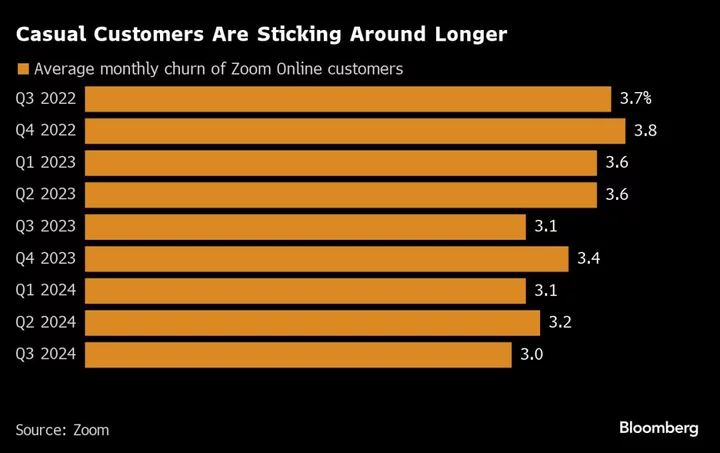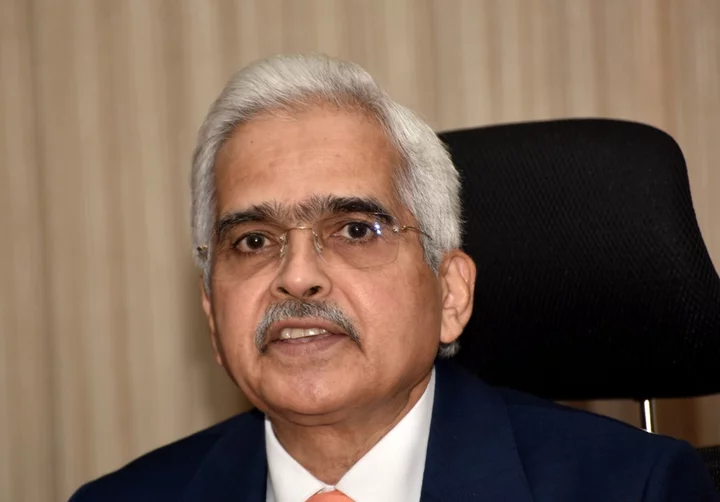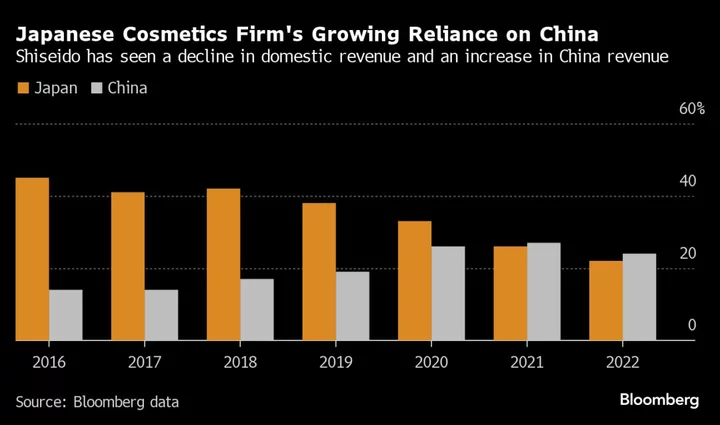Qualcomm Inc. is betting the future of AI will require more computing power than what the cloud alone can provide.
The world’s largest maker of smartphone processors is transitioning from a communications company into an “intelligent edge computing” firm, said Alex Katouzian, a senior vice president at Qualcomm. The edge in question is the mobile device that a user taps to access a network or service, and Katouzian used his time headlining one of the major keynote events at the Computex show in Taipei to make the case for how big a market that will be.
The US company’s chips help smartphones harness AI for everything from processing photos to detecting malware. In emphasizing the “AI-capable” aspects of their products, Katouzian and his colleagues joined a flurry of companies positioning themselves as beneficiaries of a spike in demand for artificial intelligence. The company has shipped 2 billion AI-capable products to date, he said.
“As growth in the number of connected devices and data traffic continues to accelerate and data center costs climb, it simply won’t be possible to send everything to the cloud,” Katouzian said. Nor will people want to do so when personal information is involved, he added.
Rocketing demand for chips behind AI tools like Open AI’s ChatGPT is driving shares of chipmaking peer Nvidia Corp. to record highs. The wider enthusiasm for AI has prompted companies from semiconductor architect Arm Ltd. to Taiwan’s Asustek Computer Inc. to focus attention on their AI-related services, with more than one executive declaring a new computing era had dawned.
In contrast to Nvidia, whose revenue outlook for the current quarter beat estimates by more than 50%, Qualcomm’s outlook fell well short of estimates on sluggish global demand for mobile devices. Katouzian sees the inventory glut depleting in the third or fourth quarter of this year. Some Qualcomm customers have begun increasing orders for smaller components, a leading indicator for an uptick in demand, he said.









